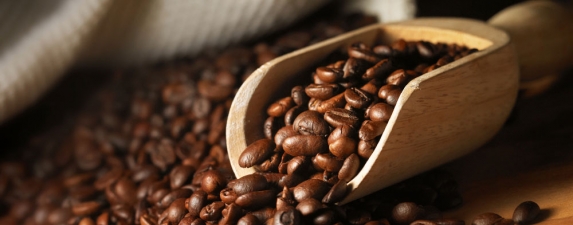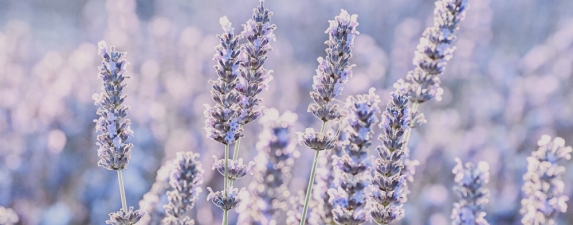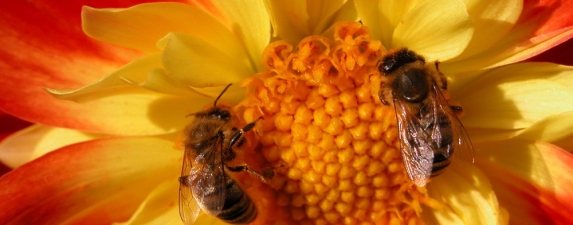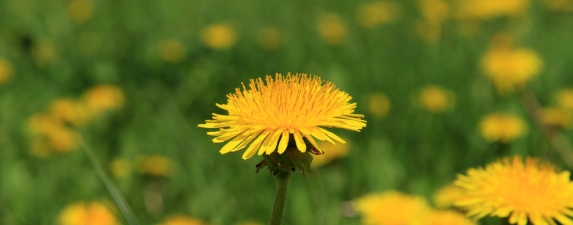
With the onset of winter, the assault of dry air, cold temperatures, wind, and chapping can be a challenge for the skin. Extreme dryness hurts! The skin pulls tightly and can burn and flake. A fatty, occlusive layer will help to keep the skin protected and prevent loss of moisture from the cells. Over the thousands of years of civilization, humans have used all kinds of animal and plant fats to protect the skin and nourish their bodies. Bear fat, seal blubber, tallow and lard, coconut (Cocos nucifera) oil, olive (Olea europaea) oil, and sesame (Sesamum indicum) oil; all have the same ancient uses and applications, and their use depends on geography and climate.

“If you drink from the Nile, you will always return to Egypt.” Herodotus. It has been two years since we have been to Egypt. The airport was bustling, as we made our first meeting before boarding, getting to know our travel buddies before the trip started. It was amazing meeting new friends as well as old friends. Jamie and Justin Lynch were coming back for the third year! The flight was smooth yet long, 11 hours straight flying to Egypt from New York. But we had a lot of leg room, good entertainment, and tasty food.

NAHA was proud to collaborate with Franklin Health’s nonprofit center to conduct a study which confirmed that lavender and tea tree oils are unrelated to endocrine disruption and are safe to use in children’s products. “This study was the first and only to scientifically evaluate these claims, and included over 550 children” (Franklin). Scientific research is a critical tool that allows us to better understand the safety and efficacy of essential oils. NAHA is committed to furthering essential oil research and will continue supporting relevant research projects. The next collaborative study will focus on clary sage and pregnancy. I’d like to personally extend my heartfelt gratitude to all of the wonderful NAHA members who make studies like these possible through your support! Annette Davis, NAHA President

In the spring edition of the NAHA Aromatherapy Journal 2021.1, my article “The Making of Bee Bread,” highlighted the science behind why pollination is really plant sex. Plants have adapted over millions of years to find the perfect recipe to attract their reproductive aid, their pollinators, by their means of communicating through a blend of odoriferous compounds. The perfect recipe often comprises of hundreds of compounds. “Rose (Rosa [×] damascena) flowers contain over 300 essential oil compounds that contribute to the attraction of pollinators.”[1] The “recipe” greatly affects success in pollination. “1,8-Cineole, present in 60% of the scents of orchids analysed by Dodson et al., 8 was found to attract the greatest number of pollinator bees (70%). In comparison, eugenol, methyl salicylate and methyl cinnamate attract fewer species.”[2] This intimate relationship between pollinator and plant relies heavily on specific formulations and can easily be disrupted by varying factors and leads to many questions. Have you ever wondered if pollution affect our pollinators?

Dandelion, from the genus Taraxacum, is a perennial flowering plant from the family Asteraceae. It is native to Eurasia and North America. The two most common species are Taraxacum officinale and Taraxacum erythrospermum, which were introduced from Europe, and now grow wild. They are edible from root to tip. The common English name is derived from French: Dent-de-lion, or “lion’s tooth.”[1]